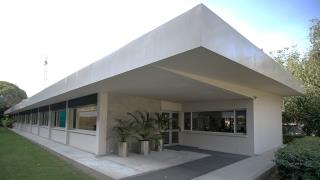As developing countries such as Bangladesh expand their industrial base and the population rises, increasingly larger volumes of waste are generated. For the local cement industry, this presents an opportunity to actively contribute to responsible waste disposal by developing waste co-processing infrastructure and processes. Lafarge Surma Cement provides such services at its Chhatak plant in Bangladesh – the country’s sole integrated cement works – enabling the disposal of suitable wastes in a safe and environmentally-sound manner. By Pavel Cech, Lafarge Industrial Ecology.
Bangladesh’s waste management infrastructure and market are a typical example of where a fast-growing population and expanding industrial base generates increasing volumes of waste that are problematic to dispose of. There are several reasons for this, each of which varies depending on the part of the country or the industry that generates the waste. However, there are some common denominators:
• a lack of environmental infrastructure
• weak enforcement of regulations
• little environmental awareness
• difficult natural conditions with large parts of the country prone to floods
• a long and ineffective value chain.
Waste generators have responded to these challenges by using range of solutions, including ‘backdoor’ disposal, stockpiling, ‘barbecue-style’ burning or costly in-house incineration.
